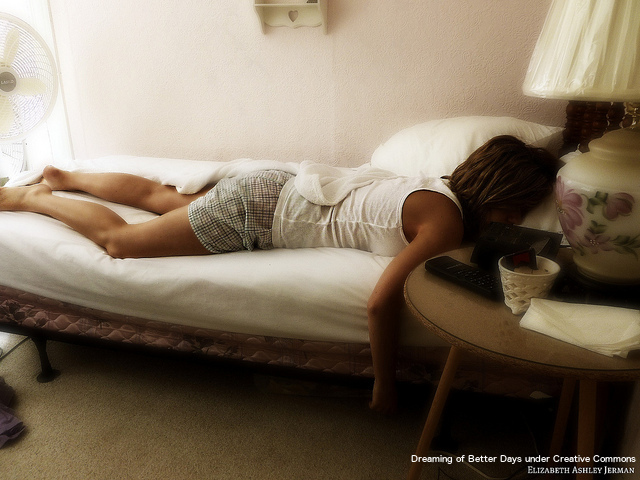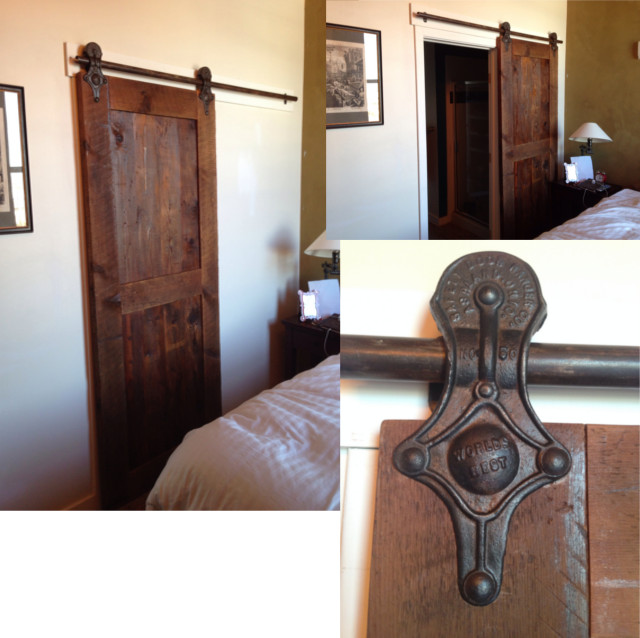
Post by Kyle St. Romain.
A lot of the articles I’ve posted here on the Charles P Rogers blog deal with ways to help you sleep better. A comfortable bed, proper diet, enough exercise, and a solid routine are all cornerstones to a good night’s sleep. However, I recently came across a study that found simply believing you’ve slept well improves cognitive performance, even if you actually didn’t sleep well at all — a classic example of mind over matter.
The study, “Placebo Sleep Affects Cognitive Functioning,” was conducted by researchers from Colorado College, and is published in the Journal of Experimental Psychology. In a nutshell, the researchers hooked up their participants to a bunch of fancy equipment and told them that it would measure the amount of REM sleep they got. Note: The equipment did not actually measure anything. The researchers then reported back to the participants with made up numbers about how much REM sleep they got the evening before. Participants were randomly told they got 16.2 percent or 28.7 percent REM sleep, regardless of what may have actually been recorded.
After being told their results, the participants were asked to take a series of tests to measure their cognitive performance. As the title of this post suggests, the participants who were told they had a higher level of REM sleep the night before performed better on the tests than their peers. Some other controls were put in place to help get rid of bias and the subjects’ self-reported sleep quality, and the results held.
So what does this mean for the rest of us? Basically, it confirms the adage that if you change your mind, your body will follow. If you’re in the mindset that you’re getting good sleep, then your brain will perform like you actually got good sleep irrespective of your actual sleep quality. The opposite also holds true: if you’re always thinking about what a bad night’s sleep you got, then your mind will perform like you did, even if you slept wonderfully the night before.
So while a comfortable bed, in an ideal sleeping environment may help you actually sleep better, you need to believe that you are sleeping better too. For me, I’m going to make a conscious effort to tell myself what a good night’s sleep I got and hope that my mind adjusts accordingly. This may be especially important with a lengthy test coming up next week, one where I’ll need every cognitive advantage I can find.

As an update to last week’s article on barn doors in the bedroom, I’ve included some pictures of what my barn door looks like. There is still a lot of work to be done with the bathroom remodel, but it’s good to see some progress! While I was a little skeptical about how would look in my room, and how functional it would be, I honestly couldn’t be happier with the way it turned out. It fits over my existing doorframe like a glove, and the substantial heft of the reclaimed barn wood blocks affords a lot more privacy than I had expected. An unexpected bonus is that I was able to use old hardware that was reclaimed from an old barn nearby. The door has a lot of character and, in my mind, is truly irreplaceable. It is definitely something I plan to keep and use wherever I live.

